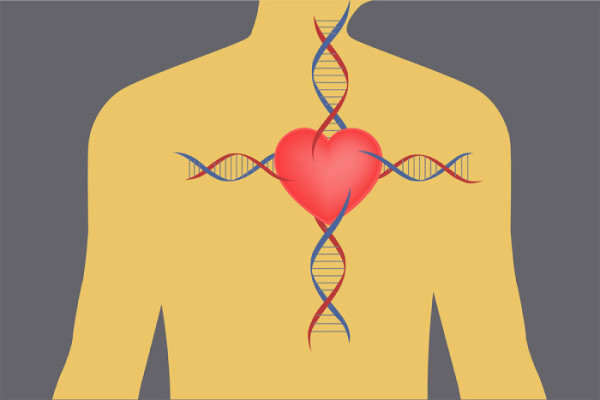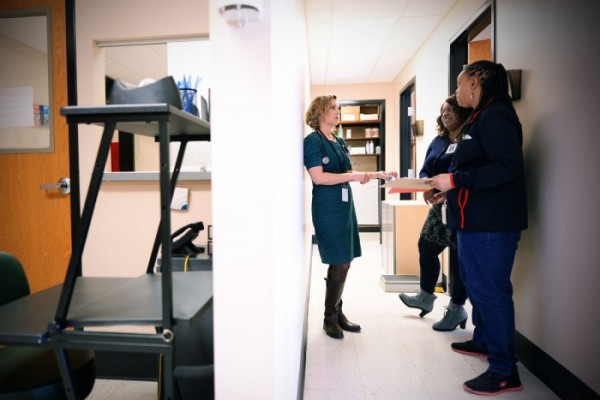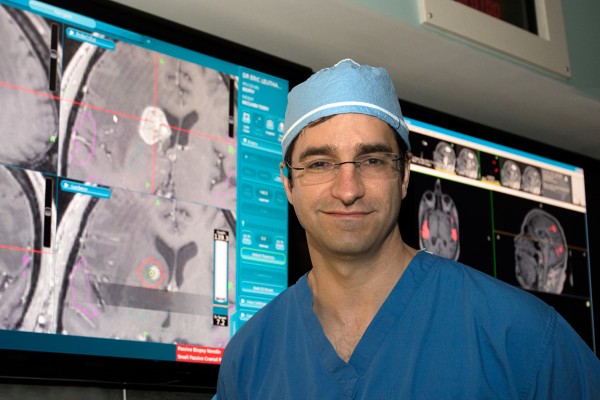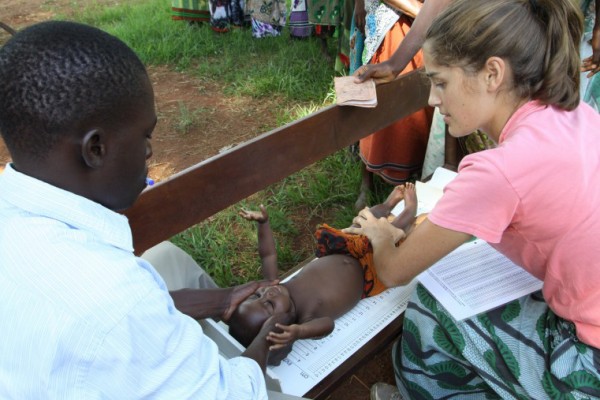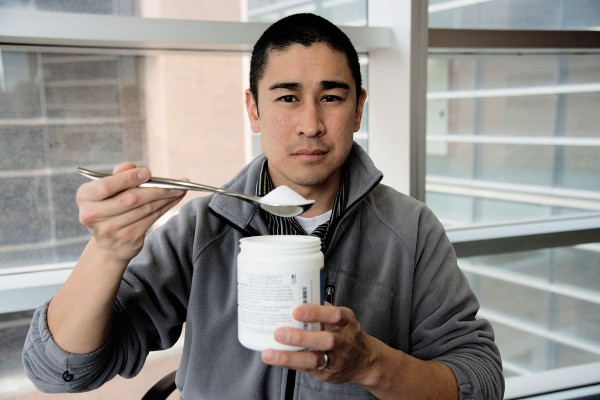Newly identified genetic errors may prevent heart attacks
A new study that included genetic data from more than 190,000 people has identified two genes that, when altered in specific ways, either promote or undermine cardiovascular health. The findings may help guide efforts to design new preventive drugs, similar to the way statins now are prescribed to lower “bad” cholesterol to reduce the risk of heart disease.
Shedding light on the day-night cycle
New research sheds light on how the rhythms of daily life are encoded in the brain. Scientists at Washington University School of Medicine in St. Louis have discovered that different groups of neurons, those charged with keeping time, become active at different times of day despite being on the same molecular clock.
From lost cause to national model
Among Missouri’s poorest performing districts, the Jennings School District had lost accreditation and community support. But when a dynamic new superintendent arrived with a bold plan to turn around the district, Washington University stepped up with resources to serve children both inside and outside of the classroom.
Brown School student helps Jennings School District serve the whole child
As a social work practicum student, Keyria Jeffries will do anything to help the children of Fairview Primary. Some days that means finding a child a place to live. Other days, it means giving a hungry child something to eat.
Treating students where they are
The Jennings School District, in partnership with Washington University School of Medicine, has launched a free, on-site health and social-services clinic called Supporting Positive Opportunities for Teens — The SPOT at Jennings.
Laser surgery opens blood-brain barrier to chemotherapy
Using a laser probe, neurosurgeons at the Medicine have opened the brain’s protective cover, enabling them to deliver chemotherapy drugs to patients with a form of deadly brain cancer called glioblastoma.
Dietary link to stunted growth identified
A team of researchers led by senior author Mark J. Manary, MD, at Washington University School of Medicine in St. Louis, has found that inadequate dietary intake of essential amino acids and the nutrient choline is linked to stunting. That knowledge may unlock the door to new approaches to treat the debilitating condition.
Natural sugar may treat fatty liver disease
New research from the School of Medicine shows that a natural sugar called trehalose prevents the sugar fructose — thought to be a major contributor to nonalcoholic fatty liver disease — from entering the liver and triggers a cellular housekeeping process that cleans up excess fat buildup inside liver cells.
Blood cancer researchers honored
Three blood cancer researchers at Washington University School of Medicine in St. Louis will receive the 2016 American Society of Hematology Scholar Award.
Why 5 percent weight loss can be life-changing
For patients with obesity trying to lose weight, the greatest health benefits come from losing just 5 percent of their body weight, according to a new study at Washington University School of Medicine in St. Louis.
View More Stories
